Workshops
The Bachelor of Arts (Fine Art) has a two stage enrolment process. In stage one, you enrol via Enrolment Online into our courses for semesters one and two. Please check stage one is complete before proceeding. In stage two, you select your semester 1 classes for Workshop via a preferencing process system.
This page will assist you with stage two of the enrolment process. Here you will find a list of potential semester 1 Workshop classes.
(Note: There is a separate page for Fine Art Studio classes and a separate page for ART: History+Theory+Cultures classes.)
You will only take one Workshop class in semester 1, but you need to list three (3) preferences. These workshops will be for both second and third year students and will be offered under the following course codes:
Workshop 3 VART 3651 (2nd year students)
Workshop 5 VART 3653 (3rd year students)
These are the course codes you enrolled into in stage one of the process.
Read the list below carefully and select three (3) Workshop classes you would be happy to take for semester 1. The 2021 preferencing process has been communicated to you by email.
The link to the preferencing form is here. The preference system is now open and will close at midnight on Sunday 13th December. You MUST be logged in to your student email only - ensure you are not logged in to any other email accounts when completing the form.
Late Preferencing: not completing the form by the due date and time will limit your choice to only classes with spaces available when myTimetable opens for changes on 16th February.
These Workshop classes are 12 credit point courses and will require 3 contact hours per week plus associated learner directed hours.
Please find link to the course guide VART3651 or VART3653.
IMPORTANT PLEASE NOTE: You must not repeat any class in your preference lists. Every effort will be made to place you in your first preference classes.
Although we would like to offer all of the Workshop options below, classes are subject to viability and may not run if numbers are too low.
Course Information
Offering Studio & Studio Lead/Coordinator

Jean-François Brochu, “Au bout du tunnel infini”
Animation - From Hand to Screen
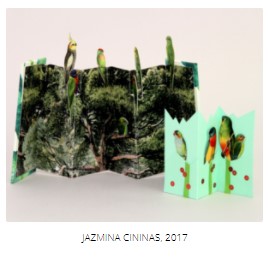
Book as Art Object
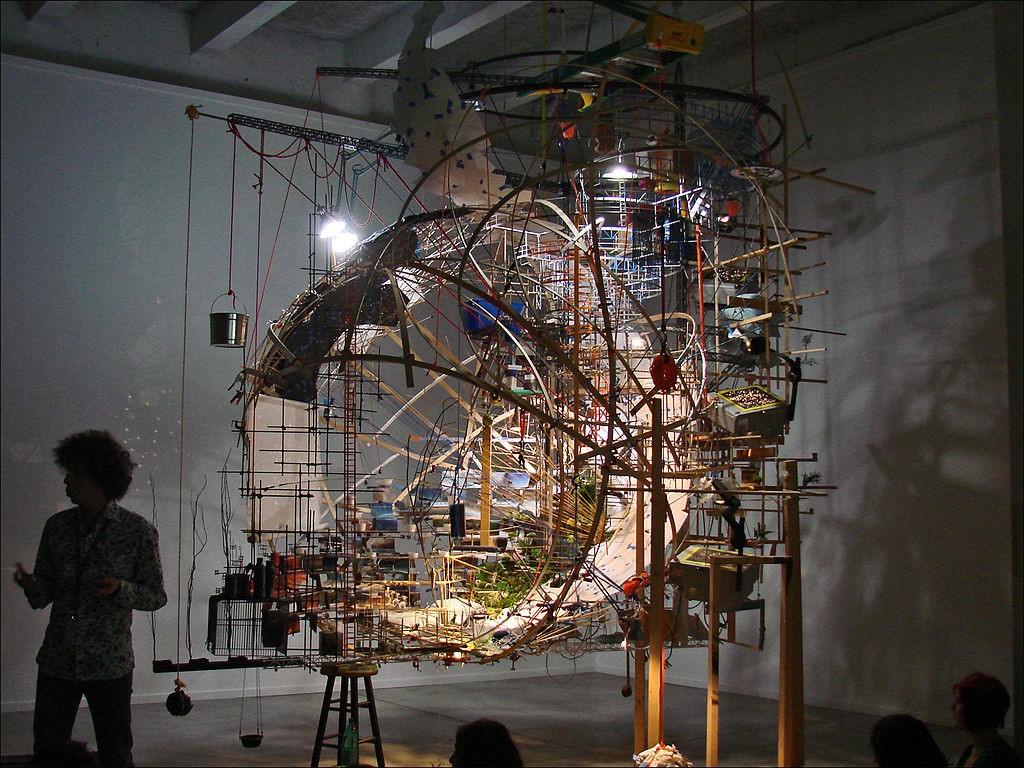
(https://commons.wikimedia.org/wiki/File: Untitled_(Xe_Biennale_de_Lyon)_(4103279111).jpg)
Collapsible Structures, Frames and Skins
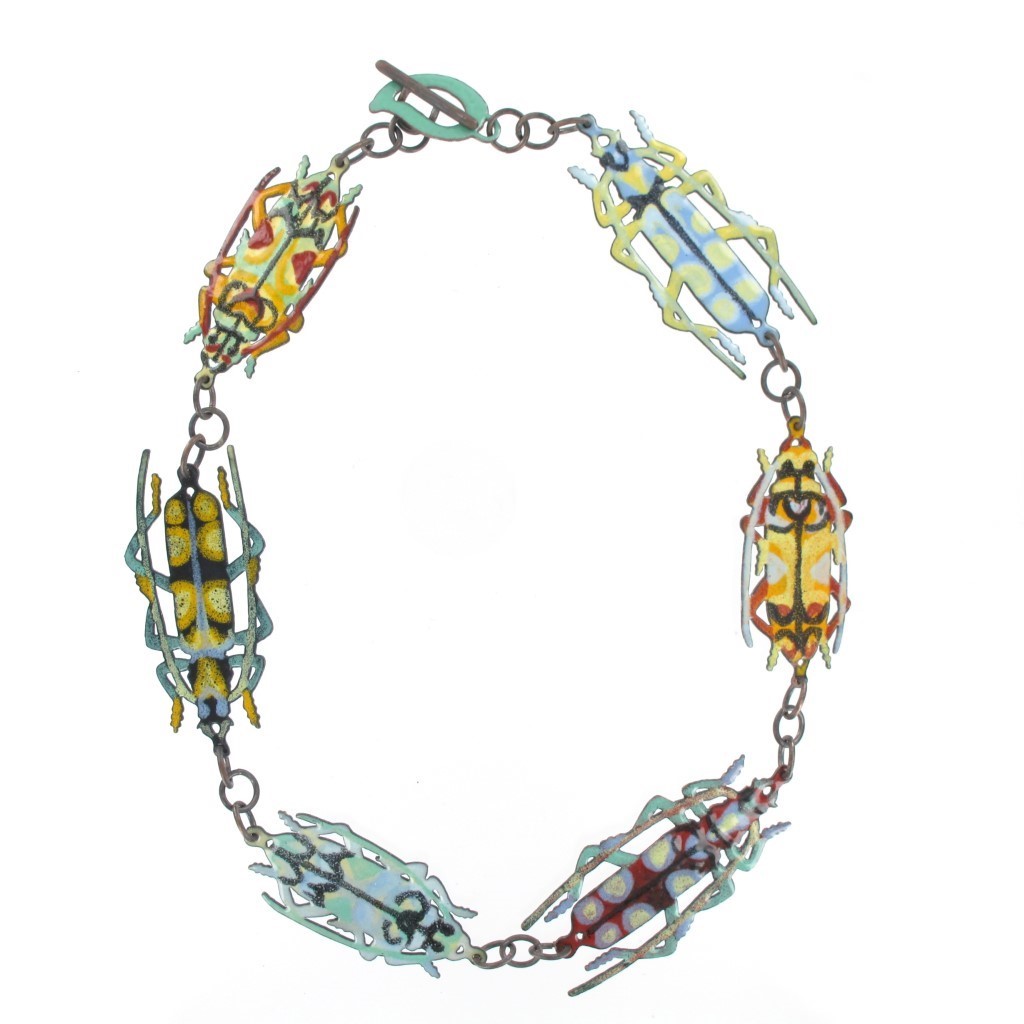
Katherine Hubble, Jewel Beetle 2014
Colour on Surface and Object
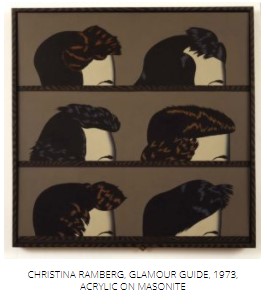
Painting: Contemporary Figuration
You will investigate ideas of narrative, distortion, movement, emptiness, and trace as form and content, in a way that explores the unique place of figuration in contemporary art. This workshop will enable you to explore the relationship between painting, drawing, photography, social media and film.
Research and experimentation is a core strategy of the workshop leading to a group of individual resolved artworks.
This course is studio based and complemented by online learning,visual lectures, individual and group tutorials, field trips, and demonstrations complement this workshop.
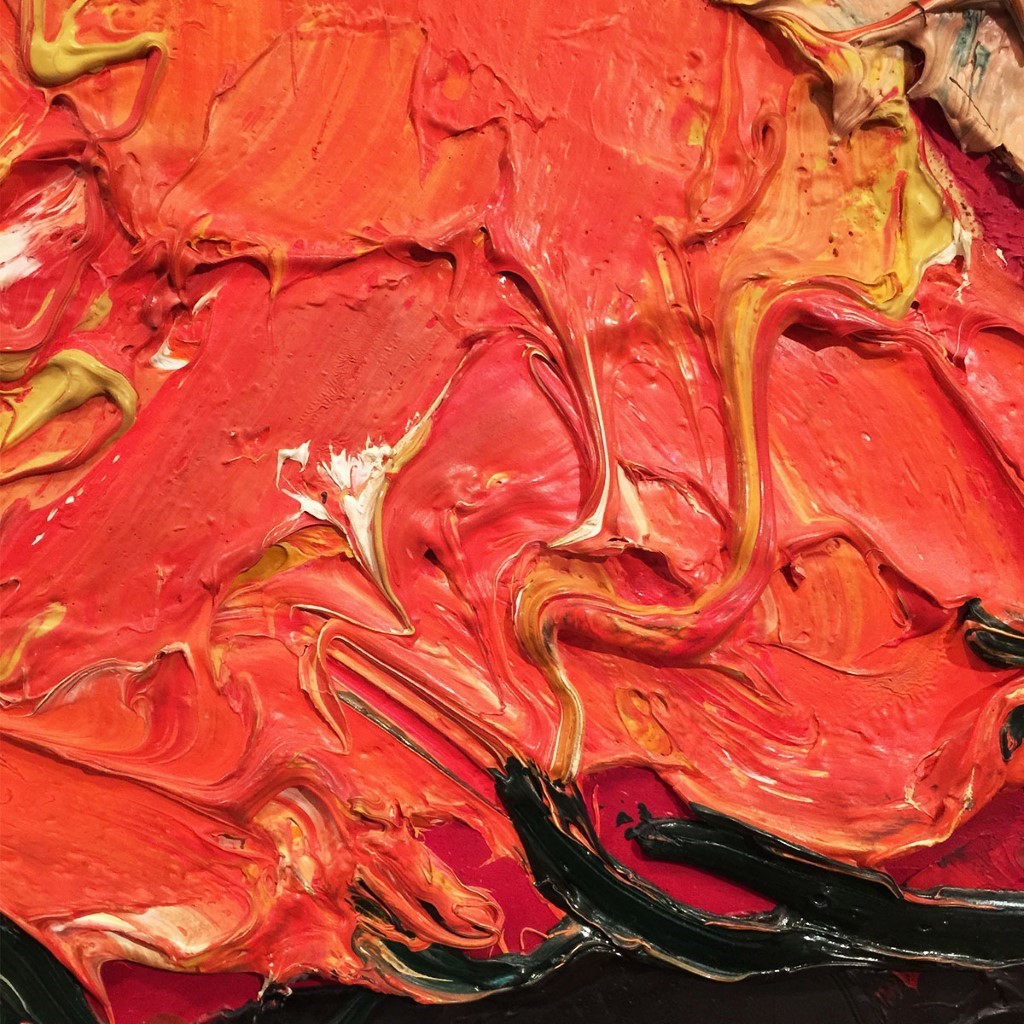
Karel Appel Moonbird, 1956. (Detail)
Oil on canvas 96.8 x 130.1 cm
National Gallery of Victoria, Melbourne
Felton Bequest, 1961
Photo – Peter Ellis
Contemporary Practices
In this workshop, you will experience painting’s vital energy through a range of projects that investigate the concepts, strategies and processes used by painters to generate work. You will experience research methods to discover content including visual images and associated literature to inform your work. You will develop advanced strategies to identify and evaluate content and material practices leading to a sustainable individual studio practice.
You will further explore the relationship and importance of research to inform resolved work.
A wide variety of conceptual and material process complement this workshop.
The importance of experimentation, play, and chance will be explored to assist in generating your pictorial language. You will engage with process where the outcomes are not fully predetermined in advance. You will explore new and established material processes including the relationship of painting to photography, the painterly sublime, pop culture, and digital practices.
Both abstract and figurative outcomes will focus on – composition, scale, use of colour, collage, surface, texture, gesture, opacity and transparency.
You will experience a range of process and media including oil, acrylic, watercolour, gouache, works on paper and a variety of supports. This course is studio based, complemented by online learning, student presentations, demonstrations, visual lectures, individual and group tutorials and feedback in a supportive and stimulating environment.
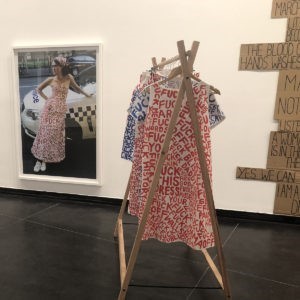
RUTH O’LEARY, FUCK DRESS, 2018, AUSTRALIAN CENTRE FOR CONTEMPORARY ART, INSTALLATION VIEW
Drawing & Body
In this workshop course you will explore drawing techniques of the body and approaches to perceiving and expressing the body in space, the body as political action, as vessel, sign and as site of meaning.
You will investigate thematic and self-directed projects addressing self and personal vision within your emerging art practice through drawing and related practices that are relevant to a range of areas of study.
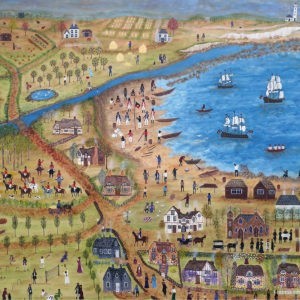
MARLENE GILSON, WHAT IF, 2017
Drawing Concepts
Eplore uses of drawing relevant in contemporary art practice ranging across picture making, narrative and meaning, embodied and situated knowing and social practices.
You will investigate thematic and self-directed projects that extend the consequences of drawing for your emerging practice developing your formal and conceptual understanding of drawing as a mode and tool of enquiry, research, collaboration and expression.
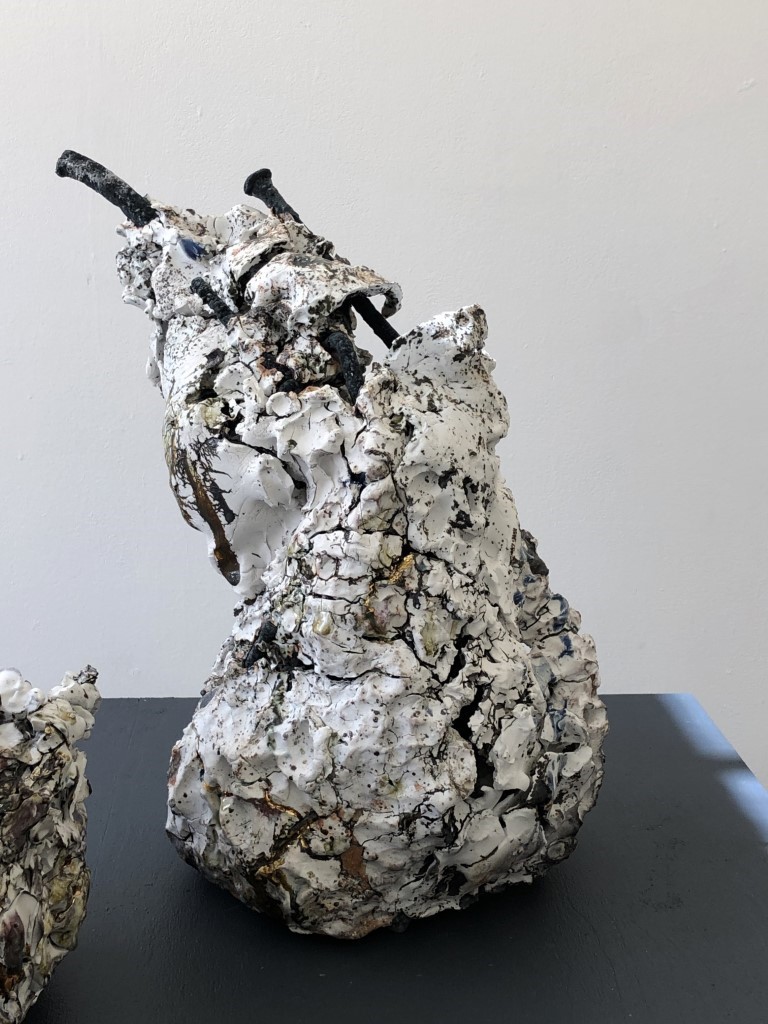
Anni Hagberg 2020
Experimental Ceramics
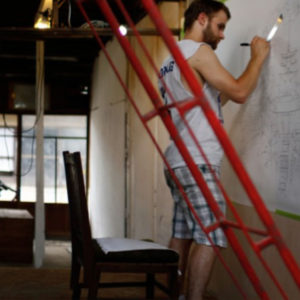
Student on site, Tammy Hulbert
Internship
In this course, you will participate in an internship or artist in residence program in an arts or cultural organisation, company, festival, gallery, museum or studio, through dual negotiation with the industry and the School of Art. You will be expected to work as directed by the host organisation, to address and solve real issues in an arts industry workplace environment.
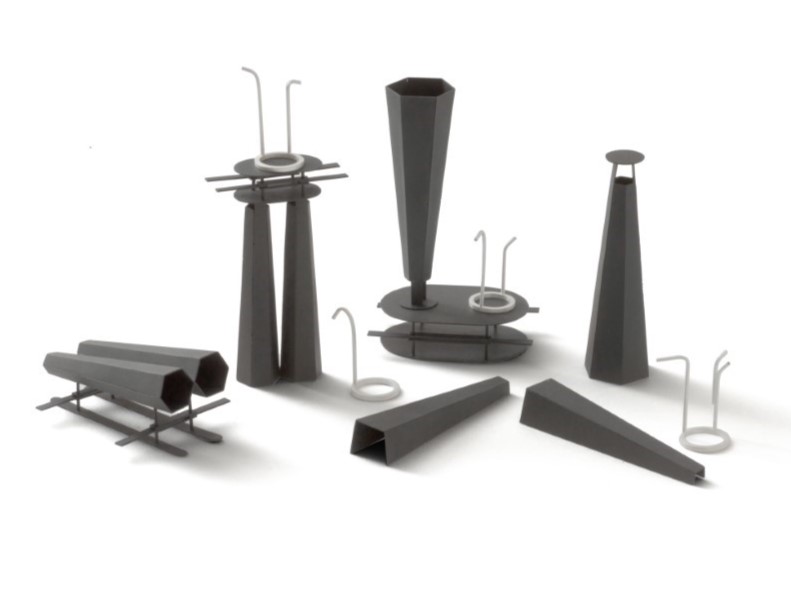
Ko-Jou Tiffany Chen, 2019
Metal Malleability and Form
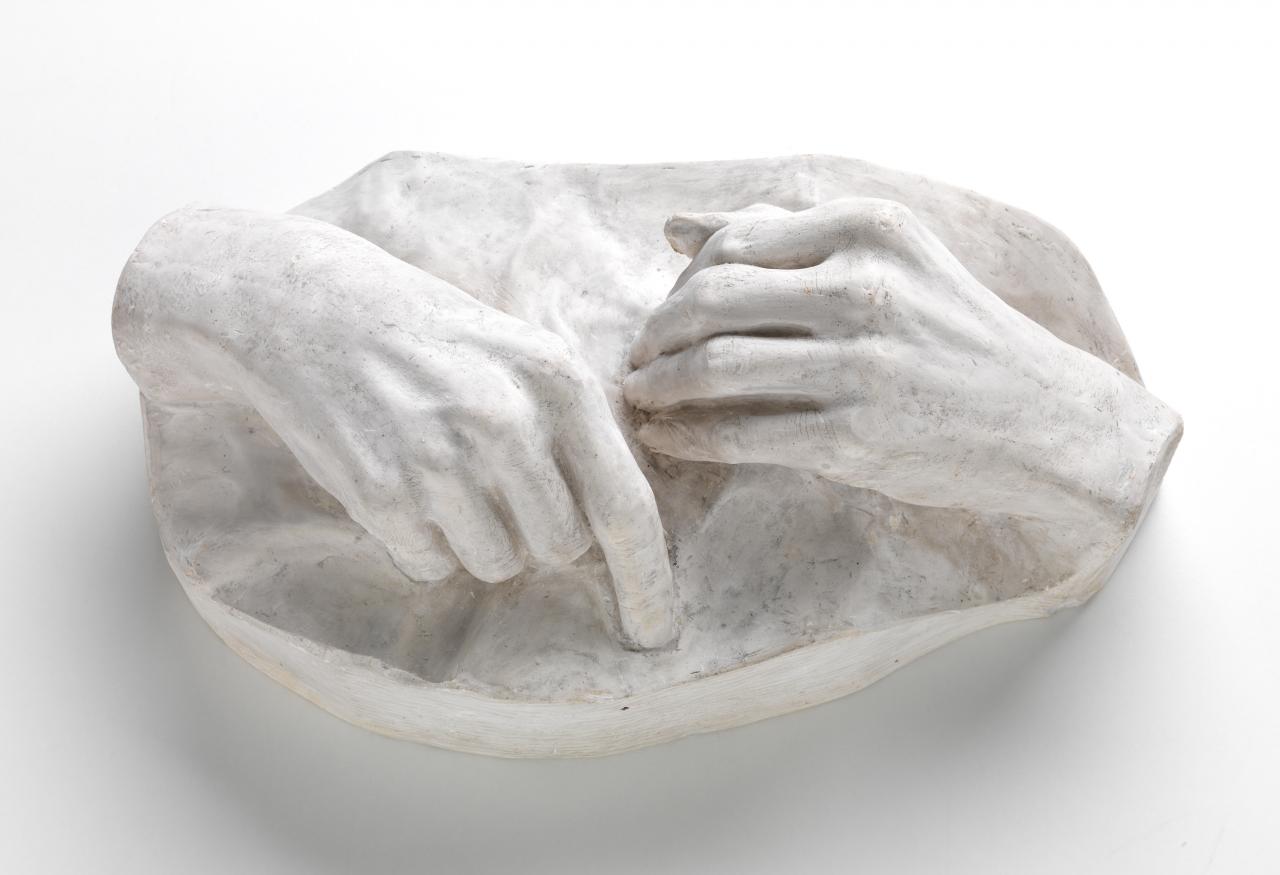
Image credit: Max Klinger, 1920, Cast of artist’s hands, plaster, NGV Collection.
Modelling and Casting
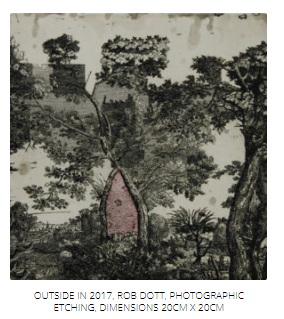
Photographic Etching: From unique to multiple
In this course, you will further develop your understanding of analogue and digital technologies focusing on intaglio etching, with an emphasis on incorporating photographic imagery and processes. Lectures and workshops will provide a mixture of theory and technical skills enabling you to produce works and reflect on the role of traditional and electronic print media in contemporary art. This will help you to expand the aesthetic and conceptual possibilities of your art practice.
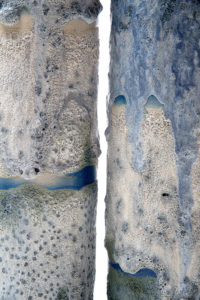
Jessica Lyons 2018